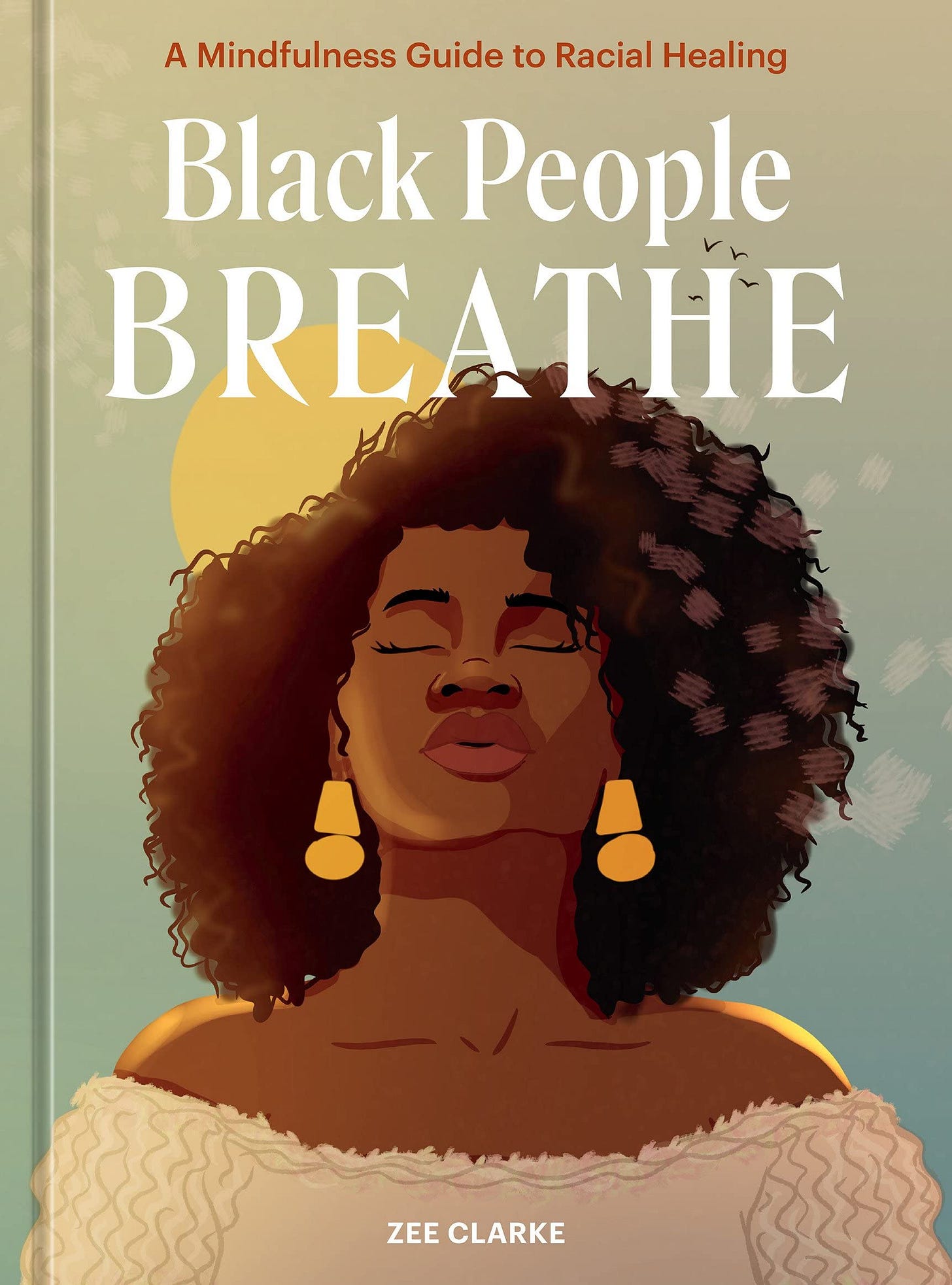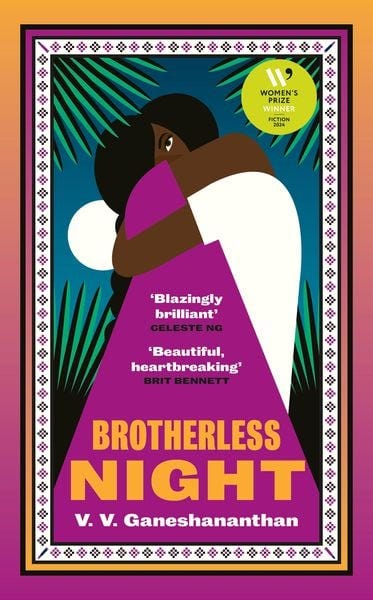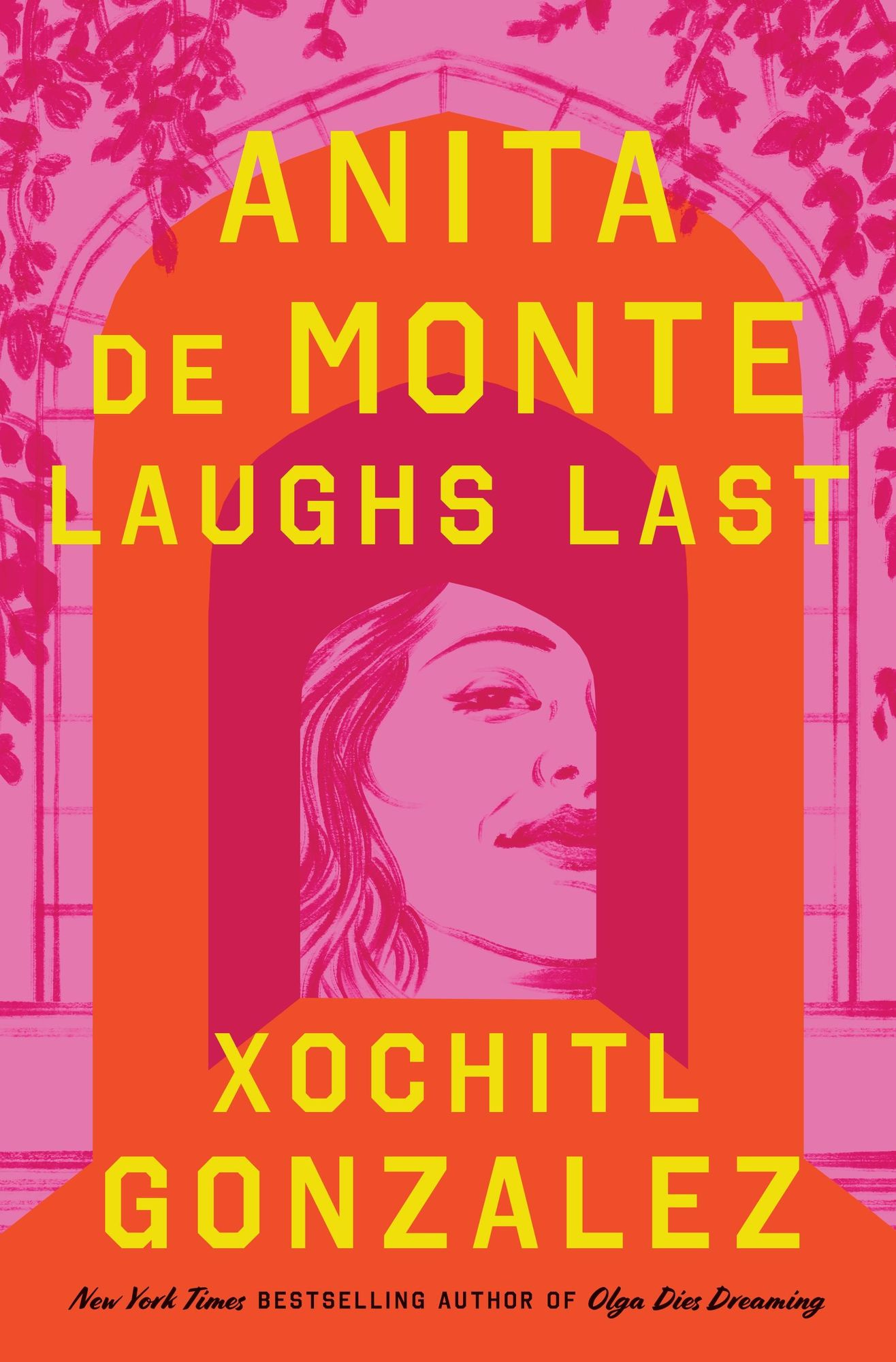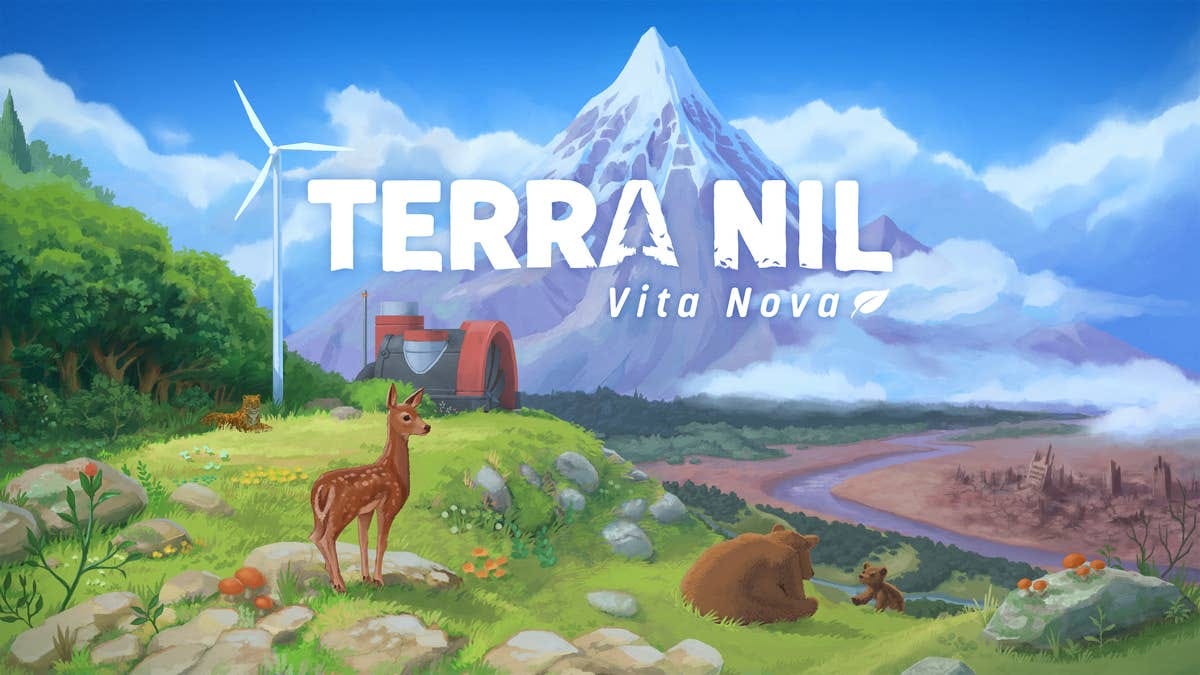Books that are giving me hope right now
A World Book Day culture special (with some hopeful music and games)
Since it is World Book Day, here are some books and other culture that gave me hope in the last year. Let me know which ones resonate with you.
Please also share what books and culture are giving you hope right now. We will share the “crowd-sourced” hope in the next newsletter.
Three non-fiction books giving me hope right now
Hope for Cynics by Jamil Zaki - The science of hope
There are so many key stories and insights that drive our thinking in the hope-based community:
Negativity bias: Our predictions are often far more pessimistic than reality.
“Across dozens of studies, researchers have compared social predictions to reality…In virtually every case, people’s expectations were worse than reality.”
The importance of saying the things we want to happen.
““How many relationships stall because we forget the good our words can do?… Your parents might have advised that if you don’t have anything nice to say, you shouldn’t say anything at all. But we might consider another suggestion: If you do have something nice to say, just spit it out.”
Hope is essential for our well-being, and should be embraced by leaders and activists alike as a smart strategy to function better:
“Employees of cynical organizations are more burned out and less satisfied in their jobs. ”
A brilliant chapter on Vaclav Havel’s Power of the Powerless, on the importance of hope in resistance, because people need to see and trust that they are not alone:
“Cynics call out injustice wherever they see it, but that doesn’t mean they are change-makers. … people who trust others are more likely than cynics to vote, sign petitions, join lawful demonstrations, and occupy buildings in protest. Cynicism tunes people in to their culture’s illnesses but makes any cure seem impossible…“cynicism is a tool of the status quo.”
There is also a brilliant chapter on the rehumanization work of Andrés Casas from Neuropaz in Colombia, who says the “best way to achieve [peace] is to think better of others”.
“What’s hidden all around us is a peaceable, inquisitive majority drowned out by extreme voices.”
Another similar book is Infectious generosity by Chris Anderson of Ted Talks fame. As with Zaki’s previous book The War for Kindness, Anderson explains social contagion, and how kindness can spread. When we see people being kind to each other, our brain feels as if someone is being kind to us, and that makes us more likely to be kind to others. These insights should be driving new strategies to spread kindness in our politics.
Rewire - Nicole Vignola - the best practical guide to using a better understanding of our biology to simply live better and be better humans
In a few decades, I predict future generations will look back at our era and be shocked how little we know about how our neurobiology affects how we feel, think and behave. And in that future, simple tools that can help us regulate that neurobiology will become mainstream in our daily lives. We will be doing quick breathing exercises in the workplace (like rugby players already do), children in school will be taught self-awareness so they recognise their emotional state
In Rewire, neuroscientist Nicole Vignola (also on substack) has written a wonderfully practical and understandable book about how our brains affect our thoughts and actions, and how we can rewire our habits.
Just like Judson Brewer, she shows how bring mindful of and naming our thought patterns in such a powerful first step to being able to change them. (which is why in the hope-based shifts we start by writing the “from” on the left before we shift “to” our hope-based alternative on the right of the worksheet).
“You can’t grow a plant without planting a seed. Planting a seed requires acknowledging a problem.”
She offers practical tools to regulate our nervous system (so that we can think calmly and logically): the physiological sigh, panoramic vision (ie being in nature) and consciously delinking negative neural pathways in our brain and creating new ones to change our automatic reactions.
Ever had your otherwise nice day ruined by one negative thing? That’s because negative stimuli carry more information. That is why we need to be aware of this negativity bias when we are making decisions, and balance it.
How self-limiting beliefs hold us back (I would extend this to social movements as well). We all have a negative story about ourselves (and again, activists also have a negative story about our societies and humanity itself):
“a narrative perpetuated through a lens of negativity and self-criticism….Our words can trap us behind walls.”
I am going to start integrating these insights into how we carry out hope-based shifts. For example, have you ever found yourself feeling a pang of jealousy when you see someone else get something you want? You might have an instinctive “that’s unfair”. Then you recognize the emotion and ask yourself “Why is it fair?”. this allows you to think of all the ways the other person deserves that achievement. Recognize the negative, identify a positive shift and reinforce it. this is simply a muscle we can train. Books like this give us the ability to change ourselves, and, I believe, also the world.
Do you see how this relates to social change work? What narratives are we repeating to ourselves that hold us back from being the best changemakers and movements we can be? If we are stuck in a box, naming the box is the first step. Then we can start to identify alternatives.
Black People Breathe: A Mindfulness Guide to Racial Healing by Zee Clarke
This is essential reading for activists and marginalized communities anywhere, especially those who find it hard to engage with this stuff.
This book is for you if: you ever find yourself asking whether hope is just for privileged people; or why people facing direct threats or persecution should have time for mindfulness and brain science; or if sharing tools for managing stress suggests its our fault that we feel stress, because we have failed to use them; or simply, if you talking about hope makes you feel bad because you feel hopeless, angry or simply very sad.
Zee Clarke explains how persecution changes our brains, and also passes that trauma down through the generations by changing our DNA. For example, studies suggest the descendants of Shoah survivors like myself have more sensitive amygdalas: it is easier to trigger our fight-or-flight response. Which makes a whole lot of sense and explains a lot to me about myself! This insight adds a whole lot other dimension to the horror of atrocities: they not only traumatise entire generations for life, they seed that trauma for future generations.
She shows how we can use mindfulness to heal and keep going, even when the injustice remains. This is about protecting the well-being of people facing oppression, which is necessary if they are to survive and resist, as opposed to making us ok with the injustice. Clarke describes how this process involves focusing our attention on what is happening in the present moment, with curiosity and without judgement, and explains how she uses it to process the experience of witnessing police brutality.
“After watching, you might feel helpless, like there’s nothing you can do. This pain can be internalized and build up over time, especially after witnessing so many occurences of police brutality against our community.”
Her advice for processing hopelessness:
“I sometimes experience a sense that things will never change. Then I start judging myself for this feeling. If my ancestors who experienced slavery were able to keep their hope alive, why am I so weak?
This is when a mindfulness practice should kick in. Without judgement: “I am experiencing hopelessness. This is temporary, and this doesn’t make me a lesser person. This is just my experience at this moment.””
Just feeling unsafe is bad for our health (physical as well as mental), and Clarke shows how tools like breathwork, journaling and practices from Tibetan Buddhism can be part of the wider toolkit of social change.
This is why I’ll be working with the Mindbridge Center this year to work on a Mindful Activism course - stay tuned.
I can’t do justice to the power of this book with some excerpts: just read it!
And three more books: these ones gave me hope in 2024:
Katja Hoyer - Beyond the Wall: East Germany 1949-1990. Very helpful for making sense of the rise of the AfD (hint, its the [neoliberal, capitalist] economy, stupid).
Lyndsey Stonebridge - We Are Free to Change the World: Hannah Arendt’s Lessons in Love and Disobedience. Hannah Arendt’s work on totalitarianism has become sadly relevant again, but this book grounds her thought in her lived experience and the geography of where Arendt came from. It also weaves in the story of her own activism, while also honestly engaging with her flaws, such as her failure to understand the Black experience when she moved to the United States.
Priya Basil - Be My Guest - on the power of welcoming
“Everything is influenced by someone or somewhere else. This is true for food, and for culture as a whole. The quest for authenticity is often more of a crusade for authority, an attempt to exclude, single out and thus narrow things down - the very opposite of hospitality.”
What books are giving you hope right now? Let me know in the comments. If we gather enough, we will share them with a follow-up post.
Novels that gave me hope in 2024
Brotherless Night - V. V. Ganeshananthan - One for the researchers and investigators
This is just an incredibly powerful book. A story about conflict where the real “heroes” are the humans - the ordinary people forced to make hard choices that challenges their values. The people who are usually just victims in our history books.
It also a rare novel that celebrates that hard, draining but vital work of documenting human rights violations.
Jennifer Saint - Hera - Greek myth reimagined
I discovered the whole series of Jennifer Saint’s feminist reimaginings of Greek myths this year. I usually find Greek mythology too phallo- and Eurocentric, but these books were a refreshing exception. I recommend reading them in order to finish with this one, which ends in a wonderfully uplifting way, that just makes you feel lighter and at one with the world.
Boulder - Eva Baltasar Sardà
“I can give anything up. Because nothing is essential when you refuse to imprison life in a narrative”
This spurred me to think about narratives as tools to give life and expression to all the different ways of living and being on this earth. How can we find ways for multiple narratives to live together? How can we make sure we are not replacing one dominant narrative by making ours dominant instead?
And more:
Xochitl Gonzalez - Anita de Monte Laughs Last: art world racism exposed, with a wonderfully uplifting finale. This is so good at demonstrating institutionalised racism through individuals stories and relationships. It is also a poignant story of social mobility trying to overcome that racism. There are scenes from this book that still pop into my mind months after reading.
R.F. Kuang - Babel: anti-colonial resistance meets fantasy and book nerdery!
Amadou Amal - Les Impatients.
Laurent Binet - The Seventh Function of Language: theoretically about the power of language and debating, it is really a hilarious take-down of the way French culture glorifies its intellectuals. A must for narrative nerds (with extra nerdy bonus points if you like the reference to postcolonial theory (“will the subaltern ever shut up?”)).
Chetna Maroo - Western Lane": a wonderfully paced short story about belonging.
Music that is giving me hope - Jon Batiste - the artist who makes hope out of darkness
The music of Jon Batiste is an incredible source of hope for me. It brims with joy, shared humanity and compassion. If you listen to his interviews, you will hear a philosophy very close to our own hope-based approach: the need for finding joy and hope in the dark.
I recommend you listen to Batiste’s interviews if you face this struggle about communicating with hope about dark things, and in dark times. His music is so full of joy and humanity, and his persona is equated with joy and love (“I love you even if I don’t know you!”) but he is also very conscious of how this kind of music can be misused and misinterpreted in a racist society.
He talks about the power of creativity to create light, to be an antidote to the times that we are in. He also talks about finding joy in the midst of personal pain (his wife’s cancer treatment) and the shared pain of being Black in the USA.
I think that I'm associated with joy because I do it to a level that is hard to come by. … I think it's very important to have joy in your expression, in the expression of Black American artists and artists across all cultures. Joy is something that continues to transcend and stand the test of time. But I also think that there's always been this underpinning in my music that's coming from struggle and coming from many things that maybe transmute into joy later but don't start that way.
As he says, anything good will face challenges:
“We were doing something that needed to be done. Every time you do something that you are supposed to be doing you will face some kind of attack, some form of pushback… Thats how you know you are doing the thing that you are meant to be doing.”
A video game that is giving me hope!
By the end of 2024, I was desperate for distraction from the world, and wanted to find a video game that I could get lost in. But I have not enjoyed video games for years, because they are either too violent or too “open”.
However, by searching for “Solarpunk games” I came across a game called Terra Nil. A reverse Sim City: a world-builder where your job is the de-pollute a toxic landscape and then rewild it, planting forests and other habitats to bring animals.
Healing and revitalising these imaginary landscapes gave me an incredible sense of wholeness and fulfilment: a real reminder of how powerful our innate connection for nature is, and what a tool it could be for climate justice work if we focused on narratives of preservation, healing and living in harmony with nature.
It is also a disturbing reminder of how much the dominant culture has for generations encouraged us consume, construct, destroy etc.
And yet, awareness of how today’s problems are shaped by today’s narratives also suggests that if we can spread more solarpunk culture like Terra Nil, we also have the power to shape a much healthier culture. Let’s get to work (and play!)
Help us crowd source hope and share the books, music, TV, films, games, art or any other form of culture giving you hope right now! We will share them in the next newsletter.
Hopey, changey stuff
My podcast of the year 2024: The Black Gate. There is little hope in the story of the Uyghur people right now, but it gave me a smidgen of hope to at least hear a journalist focus on telling these stories. That is the very basic hope we owe people in the darkest times: the hope that people elsewhere will hear their voice.
Also loving Amnesty International France’s We Made It podcast about the Sí al Yasuní campaign.
Collection of the best speculative and solarpunk scfi writing from 2024. Thanks to Dickon Bonvik-Stone from the Communicating Climate Change podcast for sharing this.
Guardian podcast celebrating Spain’s migration policy (although somewhat focused on facts, fear and extrinsic values).
Brain science corner
In keeping with the art theme, resharing this research linking awe, art and empathy. Lots to explore here for social change communicators. See also Overview Effect.
Quote of the Week
“The dilemma between optimism and pessimism is more than a theoretical debate for us [trees]. It is integral to our evolution. Take a closer look at a shade plant. Despite the meagre light in its environment, if it remains optimistic, the plant will produce thicker leaves to let chloroplast volume increase. If it is not so hopeful about the future, not expecting the circumstances to change any time soon, it will keep its leaves at a minimum thickness.”
The Fig Tree speaks in Elif Shafak’ The Island of Missing Trees











